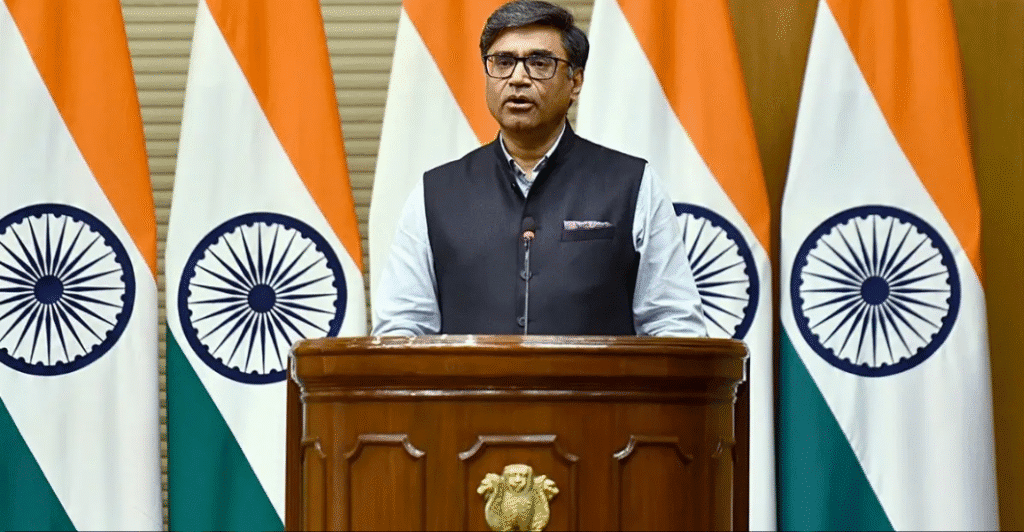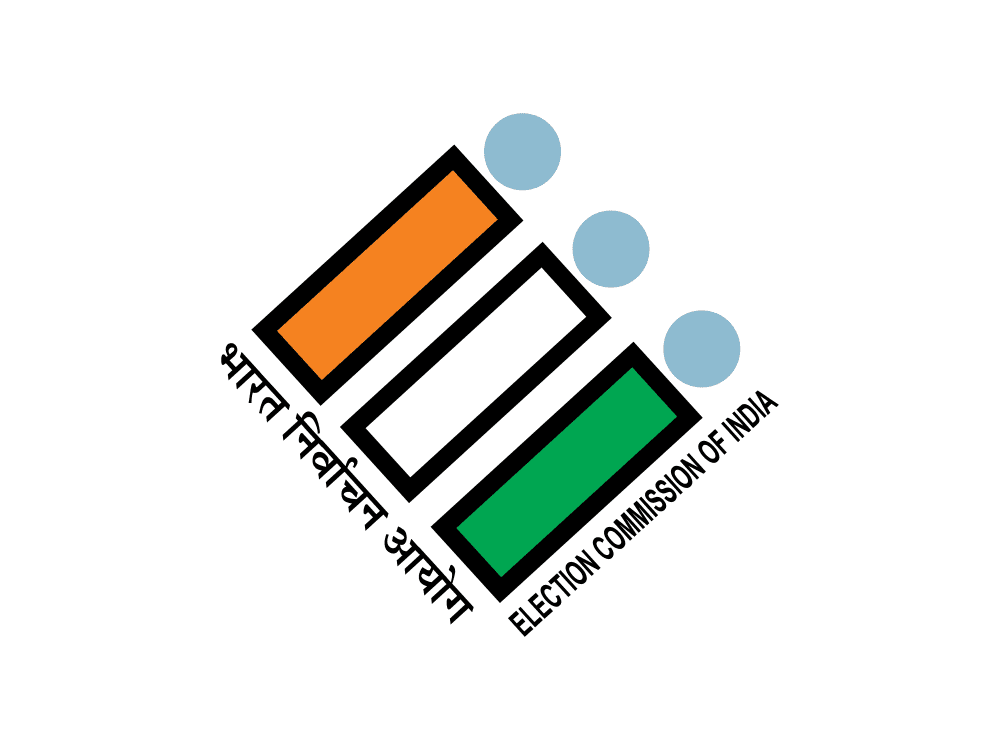In recent days, India’s Foreign Secretary Vikram Misri has found himself at the center of a social media storm. What began as criticism of a government policy announcement quickly devolved into a deeply personal and unwarranted attack, not just on Misri himself, but on his family as well. This episode raises important questions about the boundaries of public debate, the responsibilities of citizens in a democracy, and the urgent need to protect those who serve the nation from online abuse.
Diplomacy Under Fire
On May 10, 2025, Vikram Misri announced a ceasefire agreement between India and Pakistan-a move aimed at de-escalating tensions and preventing further loss of life. As the face of Indian diplomacy, Misri was simply conveying the government’s decision, not making it. Yet, within hours, he became the target of a coordinated trolling campaign on social media platforms.
The criticism was swift and, in many cases, harsh. Some accused him of being too soft on Pakistan, while others questioned his patriotism. This is not unusual in a democracy where public officials are routinely held to account. However, what followed was far from healthy debate.
Crossing the Line: Personal Attacks and Misinformation
The trolling soon took an ugly turn. Misri’s daughter, Didon Misri, a lawyer based in London, became collateral damage. Trolls spread false rumors about her professional life, shared her private contact information, and subjected her to a barrage of misogynistic abuse. The attacks were not just hurtful-they were dangerous, exposing her to real-world risks.
This is a line that should never be crossed. Criticizing policies is one thing; targeting the families of public servants is another. It is not only unfair but also undermines the very fabric of civil society.
A Unified Stand Against Abuse
The response from the civil services, political leaders, and former diplomats has been heartening. Senior IAS and IPS officers, as well as retired foreign secretaries, have condemned the attacks in the strongest terms. They have rightly pointed out that civil servants like Misri act on behalf of the elected government and should not be scapegoated for policy decisions.
Political leaders across the spectrum have echoed this sentiment. They have reminded the public that a democracy thrives on debate, not on personal vendettas. The message is clear: there must be zero tolerance for online abuse, especially when it spills over to family members.
The Need for Stronger Safeguards
This incident is not an isolated one. Increasingly, public officials and their families are finding themselves in the crosshairs of online mobs. It is time for social media platforms and law enforcement agencies to step up. Swift action must be taken against those who spread misinformation, share private details, or incite harassment.
Moreover, there is a need for greater public awareness. Citizens must remember that behind every official is a human being with a family, feelings, and the right to privacy.
The trolling of Vikram Misri is a stark reminder of the toxic potential of social media. If left unchecked, such behavior threatens to deter talented individuals from serving the nation. As a society, we must draw a clear line between robust debate and unacceptable abuse. Upholding the dignity of our public servants is not just about protecting individuals-it is about preserving the very soul of our democracy.



